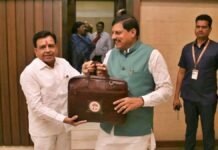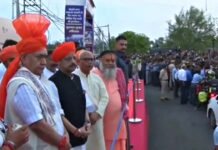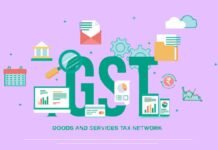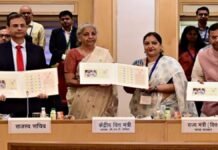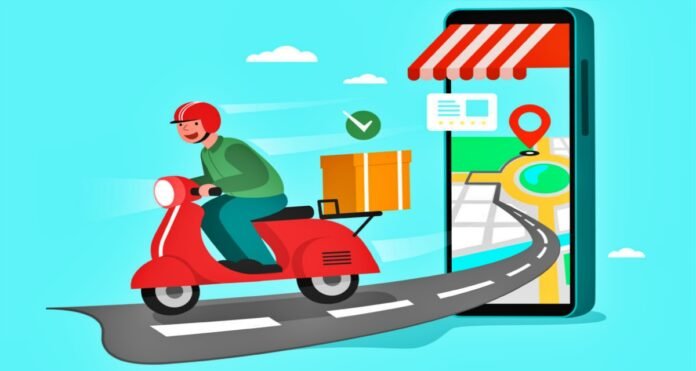
New Delhi: Online Food Delivery App is going to be expensive from the beginning of the new year i.e. today. Companies like Swiggy and Zomato, which make online delivery of food items, will now have to collect five percent tax from customers and deposit it with the government. Food vendors that are currently out of the purview of the Goods and Services Tax (GST) will have to pay GST if they supply to customers through online orders.
Currently, restaurants registered under GST collect tax from customers and deposit it with the government. Apart from this, app-based cab service companies such as Uber and Ola will also have to collect 5% GST on booking two-wheelers and three-wheelers from Saturday itself. At the same time, 12 percent GST will be levied on all footwear from today itself. That is, a GST rate of 12 percent will be applicable on all footwear. These changes are being implemented in GST from the beginning of the new year.
In addition, the GST law has been amended to prevent tax evasion. Under this, Input Tax Credit (ITC) will now be available only once. It will be given after the ‘credit’ is entered in the GSTR 2B (Purchase Return) of the taxpayer. Earlier, a ‘temporary’ credit of five percent was given under the GST rules. This will not be allowed from January 1, 2022. Vipin Sapra, Tax Partner, EY India, said, “This change will have an immediate impact on working capital of taxpayers, who were till now enjoying the benefit of 105 percent‘ credit’. With this change, it will now become necessary for the industry also to procure from the right and compliant vendors. Aadhaar verification has also been made mandatory for GST refunds as part of measures to prevent tax evasion from the new year.
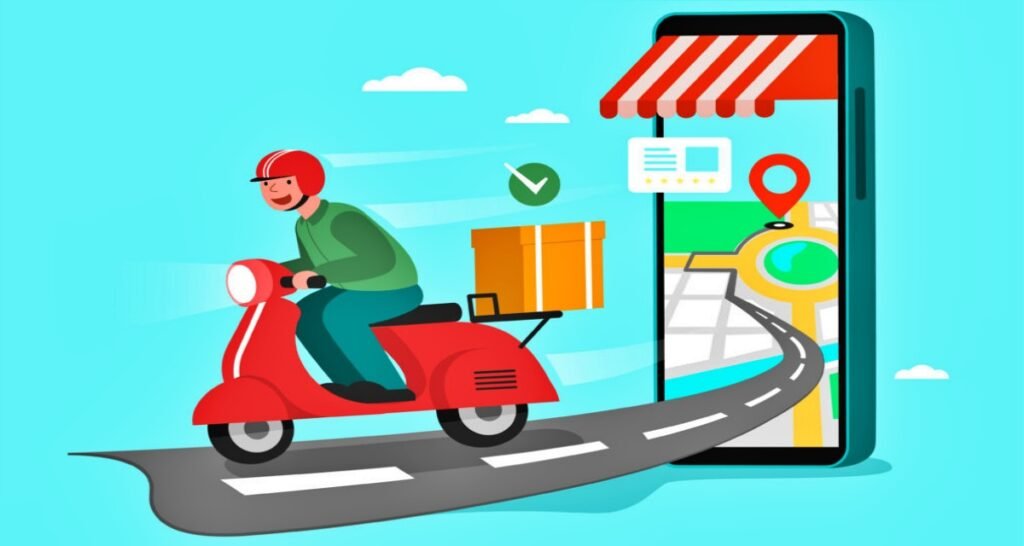
In this, such units which have not paid tax and have submitted GSTR-3B for the previous month, will not have the facility to file GSTR-1. Till now, under the GST law, if companies or entities fail to submit GSTR-3B for the last two months, they were not allowed to file returns for outward supplies or GSTR-1. Apart from this, the powers of the GST officers have been increased by amending the GST law.
The GST officers can collect the outstanding tax by visiting the premises of the tax-paying units by showing short sales through GSTR-3B without any show-cause notice. Sapra said that with this step, fake bills will be stopped. Till now sellers used to show higher sales to pass on the benefit of higher ITC to the buyer and lower GST liability by reducing sales in GSTR-3B.















